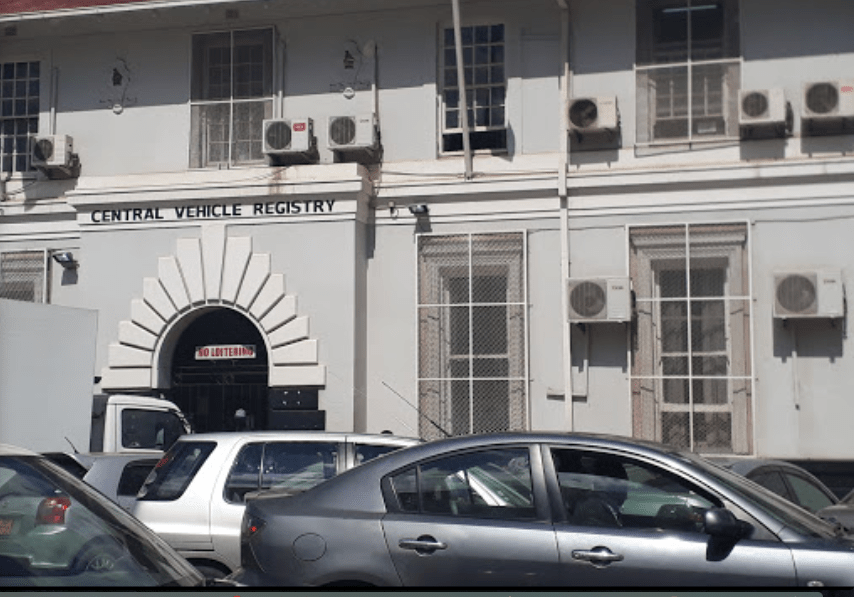CVR extends office hours to clear backlog
The Central Vehicle Registry (CVR) has issued over 20 000 number plates since July and extended working hours as it battles to clear the backlog of nearly 50 000.
This emerged yesterday during a visit by the Parliamentary Portfolio Committee on Transport and Infrastructural Development to the CVR offices and manufacturing plant.
CVR Registrar, Mr George Makoni, said staff were now working during weekends to improve the availability of number plates.
However, he said foreign currency challenges continue to hamper their operations, at a time when police and the Zimbabwe National Roads Administration (Zinara) have joined hands in a drive to eliminate vehicles without registration numbers on the roads.
CVR has material for 34 000 vehicles, although over 80 000 vehicles require registration.
So far, CVR has collected US$1,2 million from the issuance of number plates, which goes through the Ministry of Finance and Economic Development.
The department has since requested for US$702 000.
Mr Makoni said they have had a shortage of number plates since 2017, and they requested for over one million Euro to procure raw materials but the Reserve Bank of Zimbabwe availed US$200 000 in November 2017, while the next batch was 85 000 Euros in August 2018.
“We were told we were no longer getting foreign currency but to talk to a banker for assistance and the Ministry of Finance is the one that negotiates with the banker.
“In December 2019, we received US$500 000 and when the money was available, we expected materials to arrive in March but due to Covid-19 we received (the money) in July,” he said.
The money received by the CVR was enough to produce 68 000 pieces of number plates, which are enough for 34 000 vehicles since they move in pairs.
He said 29 000 vehicles were on temporary plates in 2019 and the number has surpassed 57 000 vehicles.
“We started issuing out number plates on July. Due to Covid-19, 15 percent of our staff was reporting for duty. We have increased working hours and we are now working during weekends to speed up the process,” he said.
Mr Makoni said Zimra and Zinara were their agents and they had delivered number plates in seven provinces.
Zimra was only attending to 20 people per day due to Covid-19 restrictions.
Mr Makoni said to reduce the shortage of number plates, the CVR has not been changing number plates when vehicle ownership changed in the last three years.
Portfolio Committee chairman, Cde Oscar Gorerino, said the CVR should communicate the exact picture on the ground to relevant authorities so that the impounding of vehicles may be halted in the face of shortages of number plates.
“Let the people continue using the temporary plates. CVR should issue a statement and make the situation clear. People should not be denied their right to use their vehicles.
“There is no need to impound vehicles if there are no number plates. People have the money but the number plates are in short supply,” he said.
Some of the committee members queried why CVR was not switching to plastic number plates as is done in South Africa.
The members argued plastic was cheaper and easily accessible.
But CVR said plastic number plates were of low quality and would compromise security.
The existing number plates have the best security features, which help reduce criminal activities by motorists as they can be easily traced.
Police have so far impounded 3 703 vehicles without number plates.
National police spokesperson, Assistant Commissioner Paul Nyathi, yesterday said all vehicle owners displaying temporary number plates for 2019 and backwards should are implored to get permanent number plates.
Number plates cost US$80.
It takes between two and five days to get number plates.–herald.cl.zw











